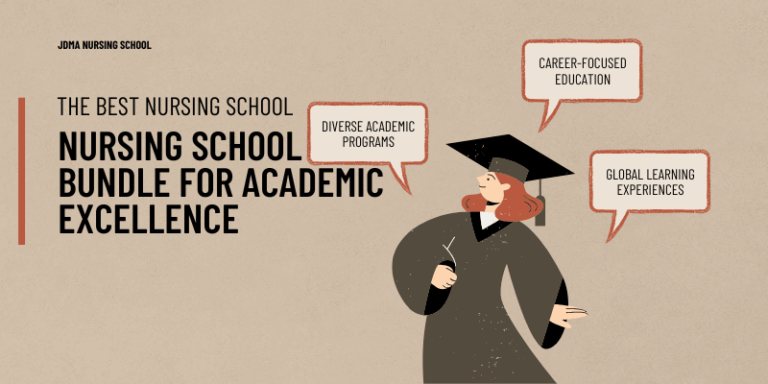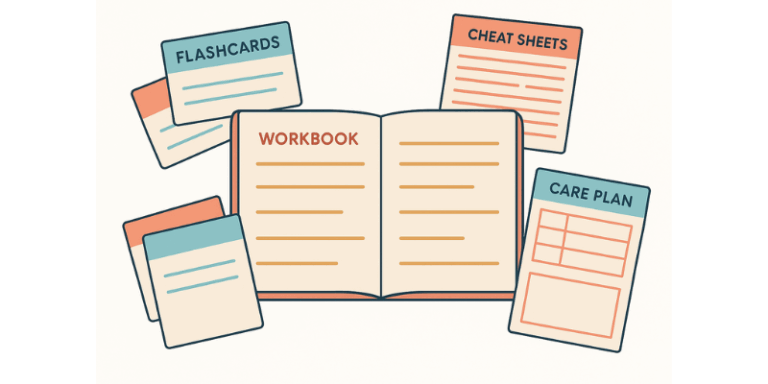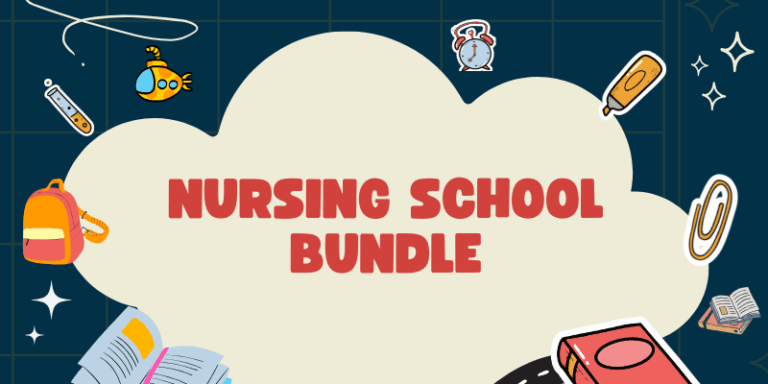
Best Nursing School Bundle for Academic Excellence
Find out which best nursing school bundle ranks best for knowledge retention and test prep. Choose the right bundle for success.
Kullanıcılarına güvenli ortam sağlayan altyapısıyla Bettilt sektörde ön plandadır.
Kullanıcıların sisteme erişim için ilk durağı Bettilt adresidir.
Online bahislerde yüksek kazanç isteyenlerin tercihi her zaman güvenilir bahis siteleri olmuştur.
Studying nursing is more than just memorizing facts it requires critical thinking, problem solving and the ability to apply knowledge in real life situations. Nursing Study Guide can make all the difference in mastering complex subjects and excelling in exams. Research shows that students who use evidence based learning techniques retain information longer and perform better in clinical settings.
One essential strategy is active learning which includes techniques like self testing, case studies and group discussions. According to a study by Brown, students who engage in active recall and spaced repetition improve their long term memory and understanding of medical concepts. Another key approach is concept mapping which helps nursing students visualize connections between diseases, treatments and patient care. This method has been proven to enhance critical thinking and clinical reasoning.
Applying theoretical knowledge through simulation and hands on practice is crucial. A study by Jeffries found that nursing students who participated in clinical simulations had higher confidence and problem solving abilities in real patient care situations. Time management is also vital breaking study sessions into manageable chunks and using a structured Nursing Guide can reduce stress and improve retention.
By following these proven strategies nursing students can strengthen their understanding and improve their academic performance and prepare for real world nursing challenges. This Nursing Study Guide provides research backed techniques to help students succeed in their studies and future careers.
Passive reading is not enough when studying nursing. To truly understand and retain information students must engage with the content. Research from the Journal of Nursing Education found that students using active learning strategies scored 15% higher on exams than those who relied solely on reading Brown . A well structured Nursing Study Guide should incorporate active learning techniques to enhance comprehension and critical thinking.
A Nursing Guide that integrates these evidence based methods can help students master difficult topics and prepare for real world nursing challenges.
Cramming may help with short term recall but it does not lead to lasting knowledge. Instead spaced repetition is a proven technique that strengthens memory over time. A study in Psychological Science found that students who spaced their study sessions performed 25% better on retention tests than those who crammed. A organized Nursing Study Guide should incorporate this method to improve learning efficiency.
A Nursing Guide that includes spaced repetition techniques can help students retain critical information for exams and clinical practice.
Staying focused for long study sessions can be challenging but the Pomodoro Technique helps improve concentration and reduce burnout. This method breaks study time into focused intervals and making learning more effective. A study in Advances in Physiology Education found that students using this technique had a 20% improvement in concentration and felt less overwhelmed Peters & Smith. Well organized Nursing Study Guide should incorporate time management techniques like Pomodoro to maximize efficiency.
Using a Nursing Guide with structured Pomodoro sessions can boost productivity and make studying more manageable.
.
Good note-taking is essential for effective studying. Research in Psychological Science found that students who wrote notes by hand retained 40% more information than those who typed them.
Nursing Study Guide should include proven note taking strategies to help students absorb and recall key concepts.
A Nursing Guide that incorporates these strategies can make studying more efficient and improve long term retention.
Sleep is essential for memory and concentration. Research in Nature Neuroscience found that students who slept 7–9 hours before an exam performed 20–30% better than those who stayed up all night Walker & Stickgold says. Nursing Study Guide should emphasize the importance of proper sleep habits for academic success.
A Nursing Guide that incorporates sleep strategies can help students improve retention and perform better academically.
Nursing school can be demanding but mindfulness helps students stay focused and reduce anxiety. A study in Nurse Education Today found that nursing students who practiced mindfulness had 25% lower stress levels and performed better academically. Nursing Study Guide should include stress management techniques to support student well being.
A Nursing Guide that incorporates mindfulness techniques can help students manage stress and succeed in their studies.
Studying with peers can make learning more engaging and effective. Research from Harvard Education Review found that students who participated in study groups scored 35% higher on exams than those who studied alone Harvard University. Group study encourages discussion, clarifies complex topics and keeps students motivated. Nursing Study Guide should include collaborative learning strategies to enhance academic success.
Group study also fosters accountability, making it less likely for students to procrastinate. A Nursing Guide that encourages peer learning can improve comprehension and build teamwork skills which are essential in the nursing profession.
Studying for nursing requires more than just memorization it demands critical thinking, time management and self care. Research backed strategies make learning more effective and ensuring that nursing students retain information longer and apply it in real world clinical settings. Nursing Study Guide should include evidence based techniques to enhance academic success.
By incorporating active learning students can improve retention and understanding. “Engaging with the material actively leads to deeper learning,” states Brown. Spaced repetition strengthens memory while the Pomodoro technique enhances focus and prevents burnout. Prioritizing quality sleep further boosts concentration and mindfulness techniques help manage stress and improve performance.
Consistently using these strategies does not just improve grades it prepares nursing students for clinical practice. “Effective study habits translate into better patient care and decision making,” notes Johnson. A well balanced Nursing Guide that integrates these techniques will help future nurses develop the skills needed to provide high quality care.
By combining strong study habits with self care nursing students can excel academically and confidently step into their roles as healthcare professionals.

Find out which best nursing school bundle ranks best for knowledge retention and test prep. Choose the right bundle for success.

Complete nursing school workbook bundle! Includes flashcards for nursing students, cheat sheets, dosage calculation practice, and more.

Get the instant-download Printable Nursing School Bundle—packed with study guides, cheat sheets, NCLEX prep, and digital planners.
By subscribing to our newsletter you agree to our Terms and Conditions and Privacy Policy